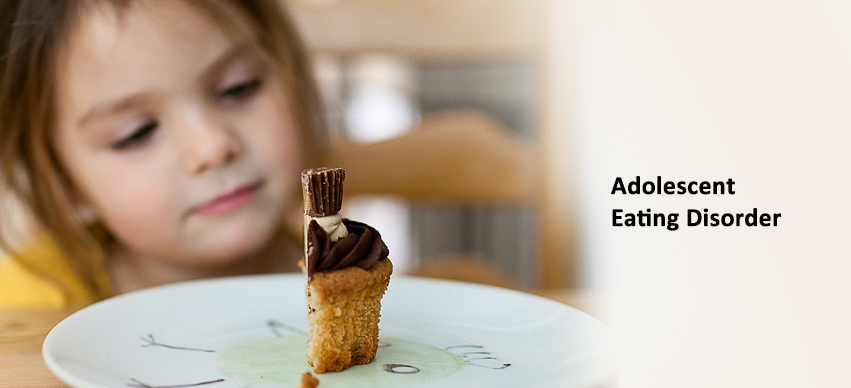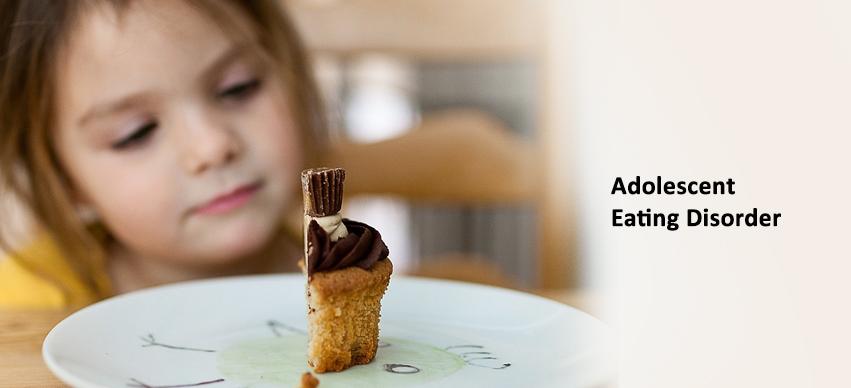Nanoparticle Therapy – An Emerging Cancer Treatment
5 Min Read


Although eating disorders affect people of all ages, genders, and races, they most often first manifest themselves in the teenage years and young adulthood. Parents who are unfamiliar with eating disorder symptoms may miss key signs of a nascent disorder during these years. Because of this, families searching for the best eating disorder treatment centers should take great care to understand the different types of eating disorders and the treatment options available. The good news is that there are personalized, modern eating disorder treatment programs available for almost every case. Keep reading to learn more about common eating disorders and eating disorder recovery options.
Eating disorders are very serious mental health conditions that affect people’s state of being in emotional, medical and psychiatric aspects. The most well-known eating disorders include anorexia nervosa and bulimia nervosa. However, people can develop other types of eating disorders including binge eating disorder, which is, in fact, the most common eating disorder in the United States. People who have an eating disorder formulate obsessive or otherwise distorted relationships with food, body shape, weight and body image. If left untreated, eating disorders can quickly become very serious and even life-threatening.​
People of all genders and nearly any age can develop an eating disorder. In fact, research has shown that children as young as 5 or 6 years of age can begin showing symptoms of an eating disorder. While it's true that females are more commonly diagnosed than males and people often begin showing signs of an eating disorder in adolescence, many people develop eating disorders later in adulthood.
Eating disorder treatment is important for people of all ages and backgrounds. Current studies suggest that up to 7 percent of women in the US have had bulimia nervosa at some point in their life. Additionally, anorexia nervosa is the 3rd most common chronic illness among teen girls and binge eating disorder affects anywhere from 0.7 percent to 4 percent of the general population.
Put simply, there is no magic “cure†for eating disorders. On the other hand, many people with eating disorders can enjoy a successful and long-term recovery. The essential factors for giving them this chance are early intervention and securing a personalized, appropriate treatment program. It is also important to keep in mind that patients who have been through an eating disorder recovery program may continue to seek out counseling and work to correct their disordered behaviors for months or years after leaving treatment. Even more crucial to avoiding relapses and maintaining a long-term recovery is the presence of a family and friend support system, which can be jump-started with a family therapy program.
Yes. Any type of purging following a meal, whether that means fasting or self-induced vomiting and laxative use – indicates that disordered thoughts and actions have arisen surrounding their body, weight, and self-esteem. If they are purging after a meal with others it’s even more likely they are purging more consistently when alone, as well. While this doesn’t necessarily mean they have a diagnosable eating disorder, it is important for loved ones to express concern.
Most people will overeat every now and then, especially during the holidays. However, those who binge eat do so in an uncontrollable manner. They usually eat a very large amount of food in a very short amount of time, often when they aren't physically hungry. Their binges are also accompanied by feelings of shame, guilt, anxiety, and disgust.
At modern eating disorder treatment centers, the focus is on providing adolescents with the tools they need to enjoy a successful eating disorder recovery. They should understand that teenage eating disorders treatment should be approached from emotional, medical, and psychiatric perspectives to ensure that young people can properly navigate the challenges of life after completing treatment. If You think your daughter may be developing an eating disorder, or are simply looking to learn more, don’t hesitate. Contact an eating disorder center today and get started on a lifelong recovery.